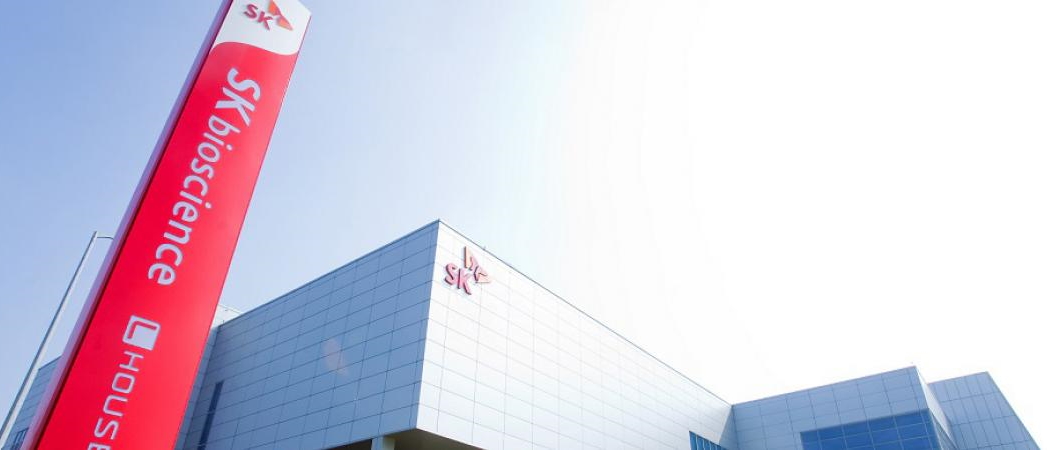SK Bio's COVID vaccine will start phase 3 study versus AZ jab

South Korea's SK Bioscience has been given the all-clear to start a phase 3 trial of its COVID-19 vaccine GBP510 that will compare the shot directly with AstraZeneca's Vaxzevria.
It is the first COVID-19 vaccine developed in South Korea to reach the pivotal trial stage, and from the earliest stages of its development has been earmarked as a possible candidate for rollout at scale across developing countries via the COVAX programme.
The decision to move not phase 3 comes after initial results from a phase 1/2 study found that it stimulated neutralising antibodies against SARS-CoV-2 in all 80 recipients, with no safety issues recorded.
The vaccine – based on a self-assembling protein nanoparticle that displays 60 copies of the SARS-CoV-2 spike protein – is formulated with GlaxoSmithKline's vaccine adjuvant, designed to boost the immune response.
The new phase 3 trial will involve 3,990 patients, 3,000 of whom will get two doses of GB510 while 990 will received two doses of Vaxzevria, both given four weeks apart.
The trial is thought to be the second comparative study for coronavirus vaccines after Valneva's 4,000-patient Cov-Compare trial, which is pitting its adjuvanted, inactivated whole virus vaccine VLA2001 against the AZ shot.
If positive, SK Bio thinks it could be able to secure approvals for the vaccine in the first half of next year, and already has the capacity to deliver "hundreds of millions" of doses every year from its manufacturing facility in Andong, which was approved by the EMA in May.
The biotech – which also produces vaccines for AZ and Novavax under contract – said it is also planning to start trials of candidate vaccines against SARS-CoV-2 variants based on the GB510 platform this year.
GB510's development has been supported with funding the Bill & Melinda Gates Foundation (BMGF) and Coalition for Epidemic Preparedness Innovations (CEPI) to the amount of around $214 million, with $173 million of that going towards funding the phase 3 trial and registration process.
A home-grown vaccine could help kickstart South Korea's vaccination programme, which has been reliant on imported vaccines – mainly AZ, Pfizer/BioNTech and Moderna – and has so far provided double doses to just 15% of the country's 52 million population.












